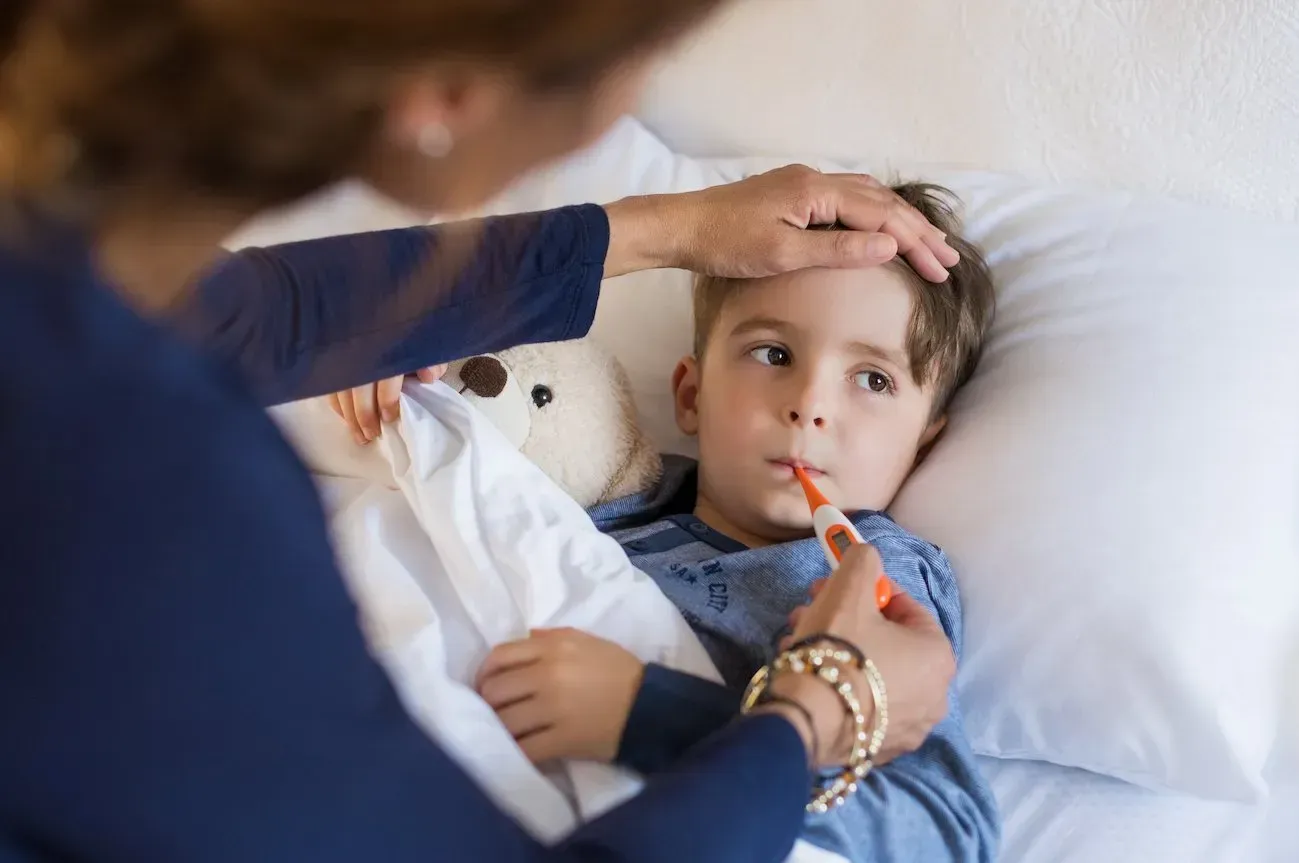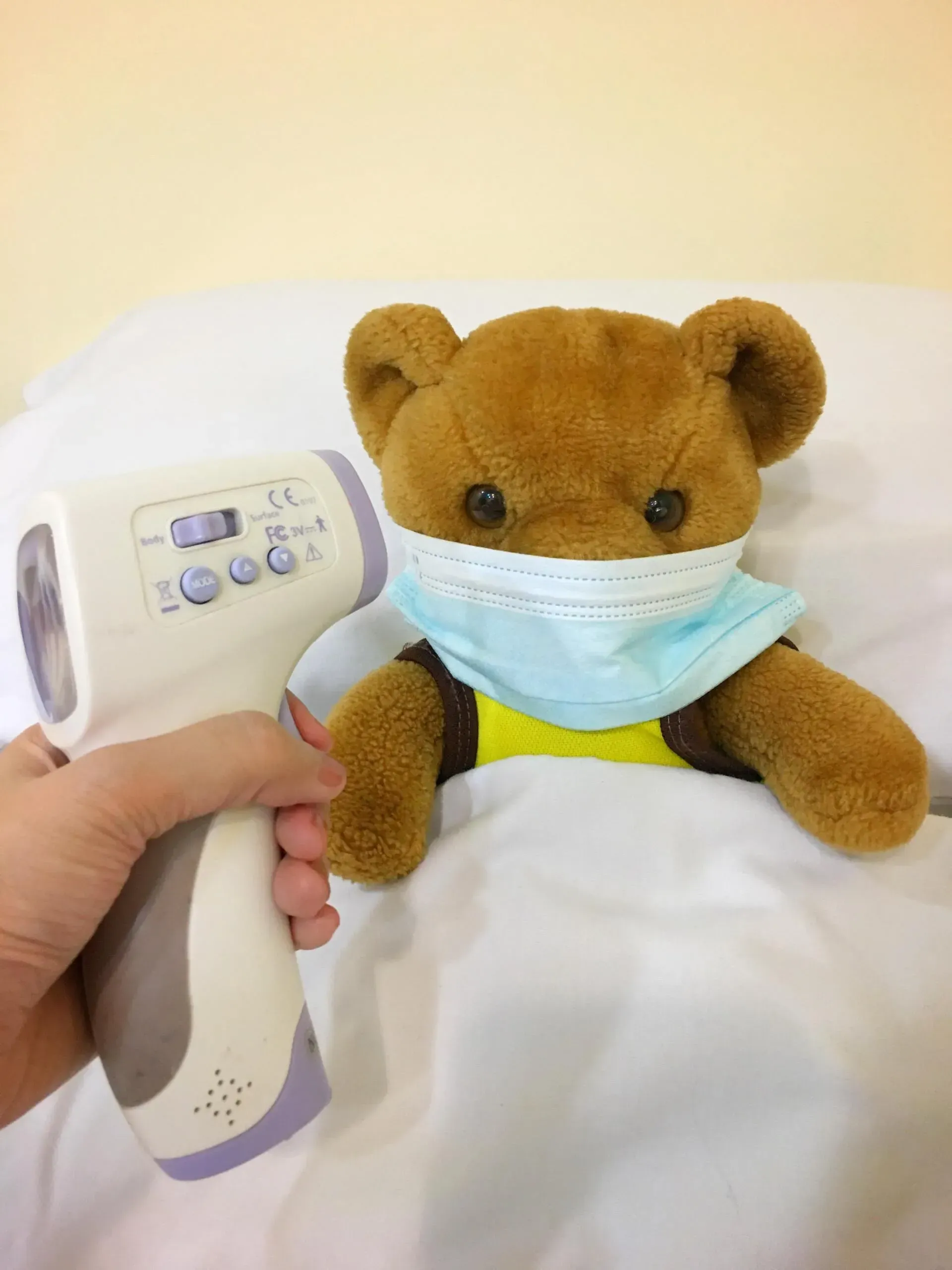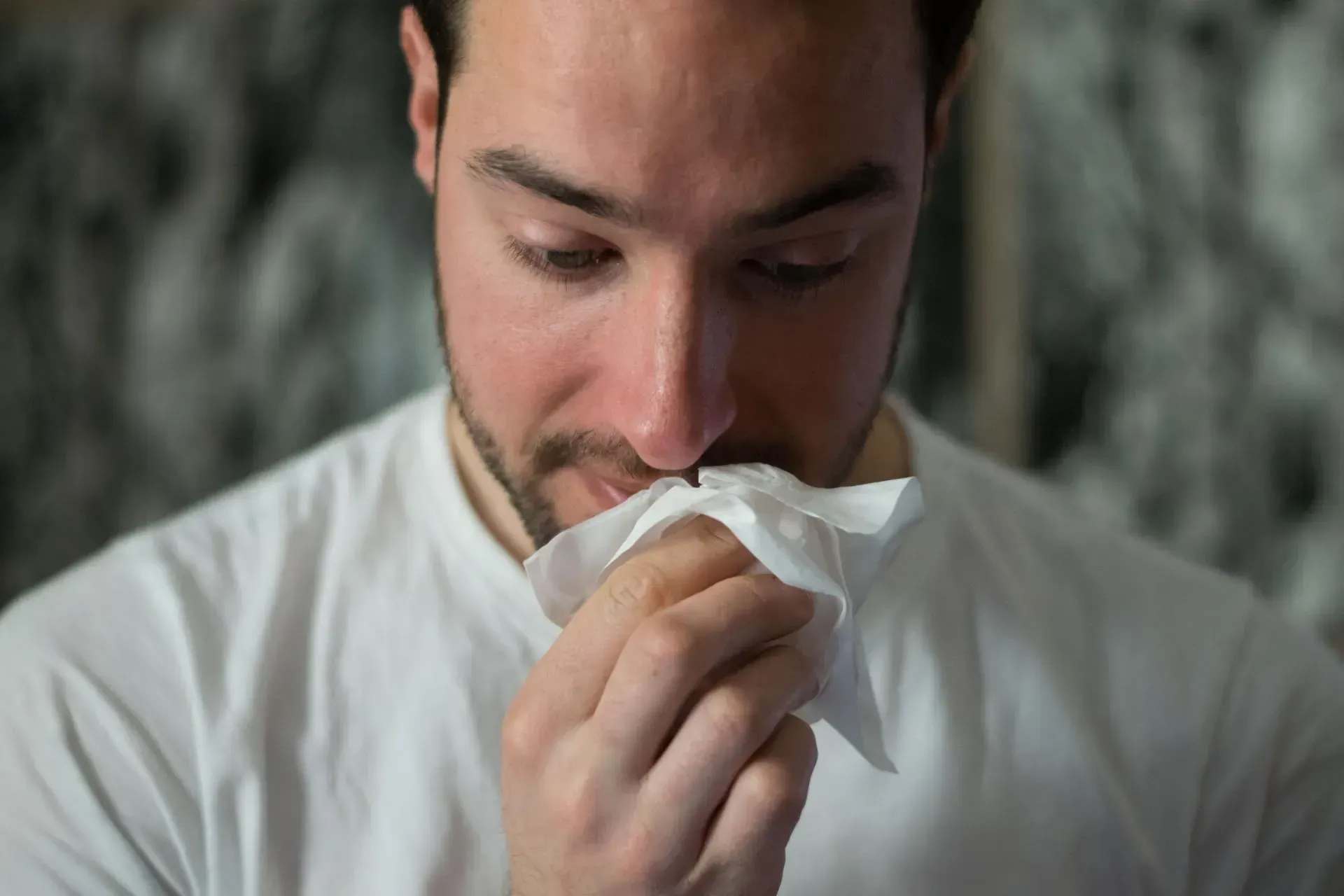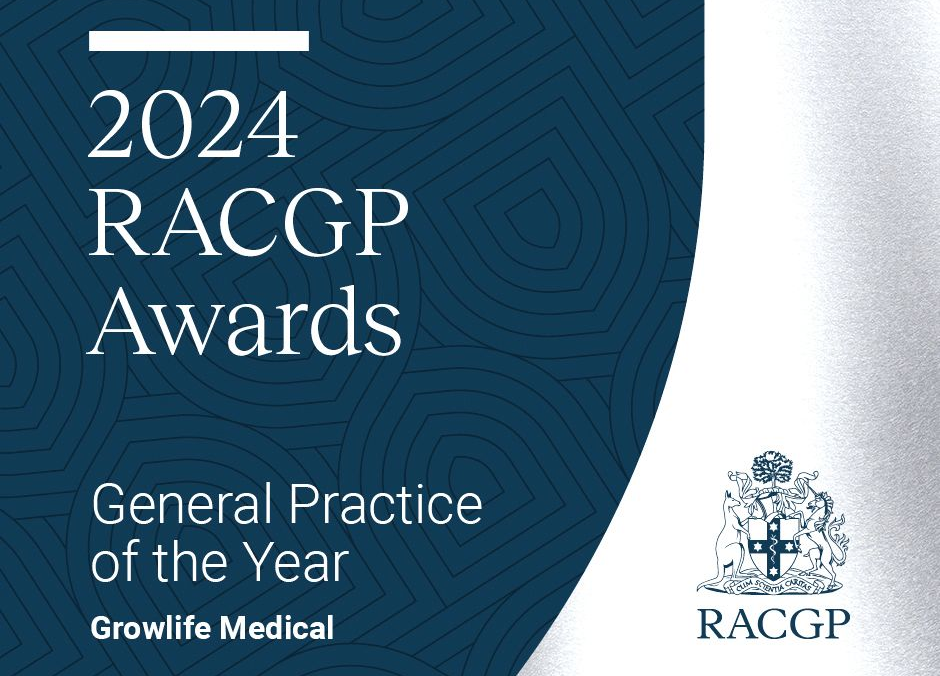What Causes Fever in Children?

Almost every child will develop a high fever at some stage in their lives. So what causes fever in children? In most cases, a fever will pass in a few days with no ill-effects; occasionally, a fever may be a sign of a serious illness which requires intensive management in order to reduce the risk of unwanted complications and after-effects.
Here, Dr Aaron Chambers from Growlife Medical takes a look at how you will know your child has a fever, what causes fever in children, and what to do should you discover that your child has a fever.
A fever occurs when a child's body temperature rises higher than 37.6 degrees Celsius. 38 degrees is a frequently used cutoff for considering fever. Typically, normal body temperature is around 37 degrees. During the course of the day, it will vary slightly and may also alter due to the external temperature, consumption of a warm beverage or enjoying a warm bath. A temperature higher than 38 degrees, however, indicates a fever. What causes fever is usually some form of infection. As well as a raised temperature, your child may present with some, or all, of the following symptoms:
- Chills, shivering or shaking
- Flushed skin that is warm to the touch
- Excessive sweating
- Headache
- Rapid or irregular heartbeat
- Generally feeling unwell: children may be more irritable or cry more easily and not be comforted as readily as usual.
What causes a Fever?
So what causes a fever? A fever is actually part of the body's natural response to a virus or bacteria which is causing an infection. Part of the inflammatory response, a fever shows that the body's immune system is working hard to clear the infection. The infection may be caused either by a virus or by bacteria:
When to see a Doctor for Fever?
As some fever conditions can be life-threatening, it is critical to know when is fever too high for a child? It's important to make sure your child is seen by a medical professional in a timely manner, particularly if they are less than a year old. This is because younger children may be suffering from a serious illness, but are unable to communicate their condition effectively. Baby immune systems are also more vulnerable than those of older children. In the majority of cases, what causes fever is a virus.
Hospitalisation may be needed if the effects of the virus are severe - although in older children initial symptoms of fever can be treated at home for the first forty-eight hours, if symptoms worsen, additional symptoms are displayed or the fever decreases, then becomes worse again, further medical attention is needed.
Treatment for Fever
Initial treatment for a fever with mild symptoms may include:
- Fluids - encourage your child to drink
- Light clothing
- Paracetamol and/or Ibuprofen, taken according to the manufacturer's instructions
Avoid fans, cold bathing or other methods to bring the temperature down artificially: these may cause the child to feel uncomfortable and won't actually stop the progression of the fever, which is the body's way of fighting the infection.
In the majority of cases, fevers are short-lived, as children tolerate them well and recover quickly. That said, if you see any signs that your child's condition is degenerating, or the fever persists for more than 48-hours, it's important that they are seen by a medical professional. Occasionally, children with a fever may experience a febrile convulsion (a fit). Whilst these rarely have any long-lasting consequences, if you see that your child is losing consciousness or showing other signs of a fit, prompt medical attention is needed.
Comforting your child with Fever
Most causes of fever in children are viral, meaning you don't need to worry. The fever and infection will heal on its own over a few days. The main priority during this time will be the comfort of your child, as a fever can make a child very uncomfortable. The first thing you should do is make sure your child is well hydrated, this will help the kidneys to filter waste out of the body, and help to ease potential nasal congestion. If your child is suffering from body aches or headaches, you can consider giving your child the recommended dose of liquid paracetamol or ibuprofen in order to lessen the other symptoms they may be having.
Your doctors keep urgent appointments available each day, which become available at midnight. So, if you’re caring for a sick child in the middle of the night, you can relax slightly knowing that you can reliably book online for the next morning. It is important to remember that, while a visit to the doctor can generally wait until the next morning, if your child is getting worse rapidly, then you should take them to the nearest emergency department.
Growlife Medical Fever Consultation
Dealing with fever and want to see a doctor? Book a flu appointment with a family friendly GP from Grow Medical.




